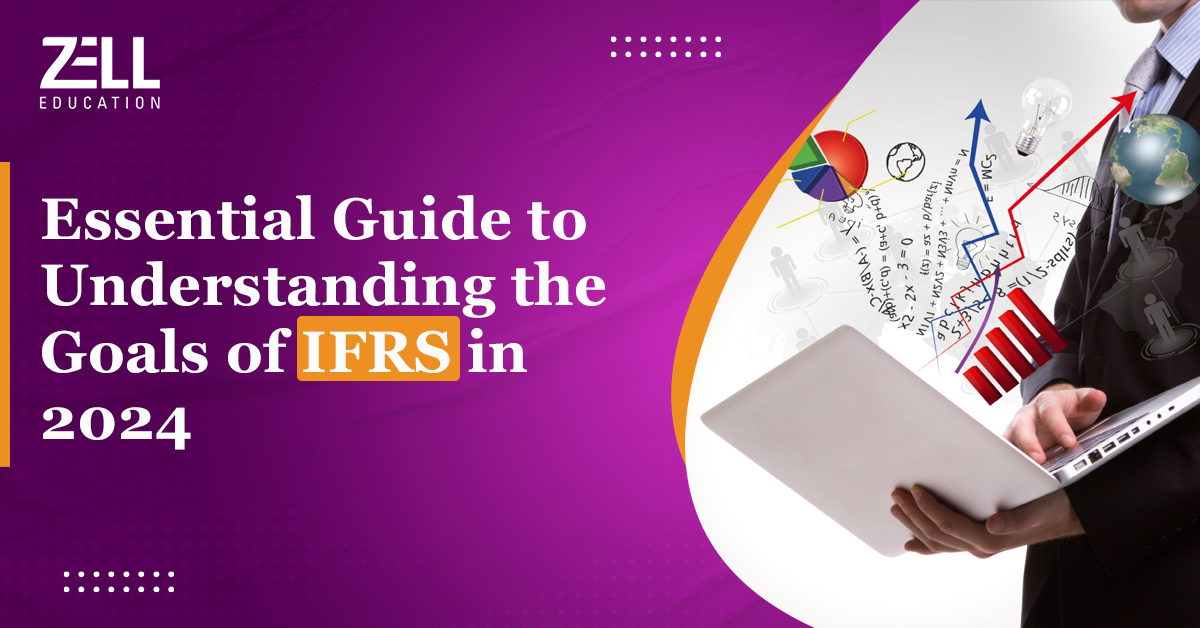CPA vs CFA : Course Details, Eligibility, and Major Difference
The field of accounting and finance can be split into two distinct sectors. The accounting sector deals with accounting, auditing and taxation whereas the finance sector deals with the management of investments and corporate finance. Over the last few years, there has been a tremendous increase in the number of job opportunities available in the field of accounting and finance.
There are two main courses that make you qualified in each of these fields. The Certified Public Accountant (US CPA) course allows you to work as a professional accountant whereas with Chartered Financial Analyst Course you can work as a professional Financial Analyst.
Once you have completed your graduation from Commerce, it is now time to choose a direction for your career. Here’s a brief comparison of both of these courses to help you make a better decision.
CERTIFIED PUBLIC ACCOUNTANT
US CPA, which stands for Certified Public Accountant is an accounting license offered by the American Institute of Certified Public Accountants (AICPA). It is among the top accounting courses pursued by students in India and across the world. It allows you to work as a professional accountant in India as well as in other countries across the world.
Eligibility
Exam: Graduation + 1 year of Post Graduation (120 credits)
License: Graduation + post-graduation (150 credits)
Course Structure
The US CPA exam consists of 4 papers that can be taken on demand throughout the year. Each exam is made up of three sections namely – multiple-choice questions, task-based simulations and written communication tasks.
-
- Auditing and Attestation (AUD)
- Financial Accounting and Reporting (FAR)
- Regulation (REG)
- Business Environment and Concepts (BEC)
Recognition
The US CPA is a globally recognised qualification. AS a US CPA, you are authorised to work in numerous countries of North America such as the US, Canada and Mexico as well as countries like Australia and New Zealand. With US CPA, you can work in some of the most well-known companies such as the Big 4 (KPMG, EY, PwC and Deloitte), BDO, Blackstone, and Grant Thornton.
Salary after US CPA
CHARTERED FINANCIAL ANALYST
The Chartered Financial Analyst (CFA) course is awarded by the CFA Institute and makes you eligible to work in the field of finance. If the field of investment banking and financial analysis has always appealed to you and you aspire to work in a fast-paced work environment, the CFA course might be the right fit for you. As a CFA, there are numerous job opportunities that may open up for you such as investment banking, portfolio management as well as hedge fund management if you gain enough experience.
Eligibility
The eligibility criteria for CFA is quite simple, if you are in the final year of graduation, you can start preparing for your CFA level 1 examination. However, in certain cases, you may be eligible for CFA without graduation provided you have a minimum of 4 years of relevant work experience.
Course Structure
The CFA examination consists of 3 different levels i.e. CFA Level 1, CFA Level 2 and CFA Level 3. These three levels cover 10 subjects that have varying marking values each level. The subjects covered in CFA are –
- Ethical and Professional Standards
- Quantitative Methods
- Economics
- Financial Statement and Analysis
- Corporate Issuers
- Equity Investment
- Fixed Income
- Derivatives
- Alternative Investments
- Portfolio Management & Wealth Planning
CFA Level 1 – Only MCQs (no negative marking)
CFA Level 2 – MCQs in a case study format
CFA Level 3 – MCQs in a case study format + Subjective questions
Recognition
The Chartered Financial Analyst (CFA) is a globally recognised credential that qualifies you as an expert in the field of finance. With CFA, you will be able to work as a Financial Analyst in countries such as the USA, Canada, Australia, New Zealand and the UK. Some of the top global companies that actively hire CFA charter holders are Morgan Stanley, J. P. Morgan, Goldman Sachs and Blackstone.
Even Indian companies such as Motilal Oswal, BNP Paribas and HDFC Securities hire CFAs at a large scale.
Salary of CFA
If you are looking for a more detailed comparison of both of these courses, here’s a table that might do the trick.
| Differentiators | CPA | CFA |
| Course Structure | – Auditing and Attestation (AUD)
– Financial Accounting and Reporting (FAR) – Regulation (REG) – Business Environment and Concepts (BEC) |
– CFA Level 1
– CFA Level 2 – CFA Level 3 |
| Duration | 1 – 1.5 years | 2-3 years |
| Eligibility | Exam – Graduation + 1 year of Post Graduation (120 credits)
Licence – Graduation + Post Graduation (150 credits) |
You can start in your final year of Graduation |
| Exam/Registration Fee | USD 170 – USD 245 | USD 450 *to be changed to USD 350 effective from 2023 |
| Average Salary | INR 6-8 lpa | INR 6-7 lpa |
| Average Passing Percentage | 50% | 45-55% |
| Job Profile | – Risk and Compliance Professional
– Financial Advisor – Internal & External Auditing – Corporate Controller – Tax Compliance |
– Investment Banking
– Corporate Financial Analyst – Portfolio Manager – Risk Analyst/Manager |
| Exam Dates | The US CPA Exams can be taken on-demand in the months of January, February, April, May, July, August, October and November. | Level 1: Feb, May, Aug, Nov
Level 2: Feb, Aug, Nov Level 3: May, Aug |
In conclusion, if you have an affinity for subjects pertaining to accounting, you should go for US CPA. However, if you aspire to learn more about financial investments and about managing different types of investments and portfolios, then CFA might be a better alternative for you.
Both of these courses have immense potential and can help you claim higher salary packages in your career. Such careers not only allow you to grow professionally over the course of time but also allow you to work in countries other than India if you wish to do so.
If you are thinking of pursuing either CPA Course or CFA Course or have queries regarding these courses pertaining to the eligibility criteria or the course structure, check out the course pages or head over to the official website of Zell Education.
FAQs
1. Can you pursue both CPA and CFA?
Technically, you can pursue them both together. However, there are both courses that help you specialise in two very different subjects. So it will be quite difficult to keep up with the syllabus of both courses simultaneously. Moreover, unless your desired career path specifically requires you to have both qualifications, it is better to stick to one.
2. Do you need a passport for CPA or CFA?
Yes, you need to have a valid passport to appear for both CPA and CFA. You can register for CFA without a passport, but you should have one when giving the exam.
3. Does CFA or CPA qualify as a degree?
Neither CPA nor CFA qualifies as an official degree. They are both considered to be professional qualifications in the fields of accounting and finance respectively.













